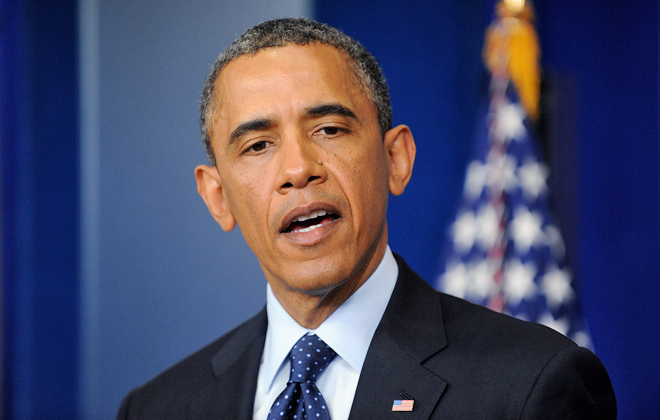Last week, when the White House and Congressional Democrats agreed to provide the FAA the flexibility under sequestration to avoid air traffic controller furloughs, I argued that they’d crossed one of their own bright lines, and thus made a serious tactical error.
Here’s some evidence to support that view.
In the past, Democrats have objected to Senate Republican efforts to end the fight over sequestration by just locking in its overall spending cuts and providing the administration with the authority to apportion those cuts as necessary across government.
The administration has argued that the flexibility solution is really no solution at all — undesirable politically, but unworkable policy as well. Except, it seems, in cases where the affected constituencies have outsize political clout.
Now that the administration has made an exception to its own rule in order to end flight delays, the onus is on them to demonstrate that flexibility won’t work when sequestration causes other problems down the road.
No one gets this better than Republicans, who begin the week with a predictable argument. “If Democrats thought flexibility was important for FAA’s sequester cuts, why not other areas that are unnecessarily hurting Americans?’
Honestly, they’re right to pose the question. The truth is that Congress and the White House can only fix so many sequestration-related problems by shifting funds between accounts. But special treatment for the FAA proves that the number is greater than zero — which makes flexibility a perfectly reasonable litmus test to apply when sequestration problems arise in the coming weeks and months.
Unfortunately the other lesson we learned from the FAA story is that Congress will only ease sequestration when it impacts powerful constituencies, such that over time its indiscriminate nature will only fall on powerless people whom Congress can safely ignore.
There’s a moral logic to opposing flexibility altogether — that suffering wrought by sequestration should be broadly shared. Likewise, there’s a moral logic to blanket flexibility under sequestration — that if Congress is prepared to carve out some affected groups, then others should enjoy the same treatment. There’s no moral logic for the piecemeal approach.
But having conceded the point that flexibility works in some cases, the administration can’t easily go back to opposing it in all cases. That leaves Democrats to choose between the morally ugly process of picking sequestration winners and losers and the universal flexibility some Republicans have been pushing for months — which, let’s be honest, would amount to total defeat for President Obama.
But that’s the bind he’s put himself in.







